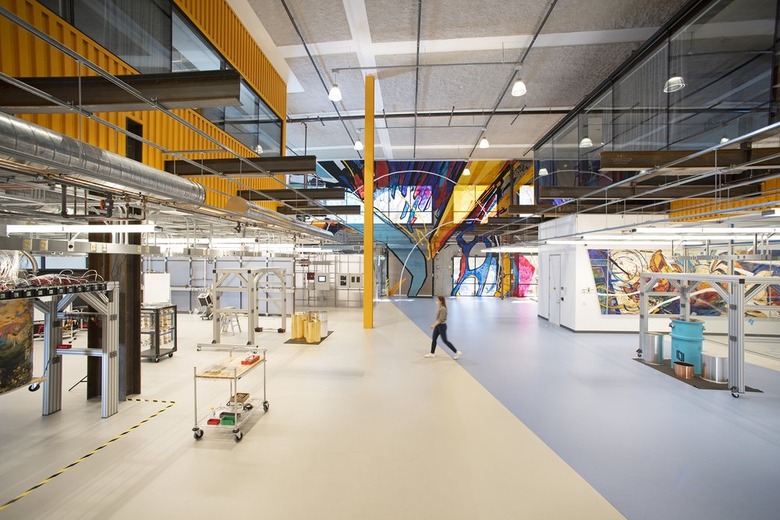Google Reveals Quantum Computer Roadmap With A Wild Target
Google aims to have a functional, productive quantum computer up and running within the decade, with a new Quantum AI campus revealed during I/O 2021 this week. The facility, in Santa Barbara, CA, will be the home of Google's first quantum data center, the company says, plus the location where it will manufacture its own quantum processors.
It's fair to say that quantum computing has become both a considerable area of fascination within the tech industry over recent years, while also being a source of considerable confusion. Effectively it relies upon what are known as quantum states, typically treating quantum bits as either 1 or 0 as per traditional computing, but tapping the far faster speeds at which that can flip and be measured.
At least, that's the theory. Companies working on quantum computing have typically struggled to take the ideas behind the process and make something not only practical but with commercial applications. Google's Quantum AI campus, therefore, will be both a research lab and an attempt to deliver meaningful products based on that research.
"To build better batteries (to lighten the load on the power grid), or to create fertilizer to feed the world without creating 2% of global carbon emissions (as nitrogen fixation does today), or to create more targeted medicines (to stop the next pandemic before it starts), we need to understand and design molecules better, Erik Lucero, Lead Engineer for the Google Quantum AI project, explains. "That means simulating nature accurately. But you can't simulate molecules very well using classical computers."

Google's approach will use the so-called qubit, or quantum bit, idea of quantum computing. These are typically entangled in multiple states, "naturally mirroring the complexity of molecules in the real world," Lucero says. The error-corrected quantum computer which the search giant has in mind will simulate how those molecules can behave and interact, effectively allowing Google to build complex and accurate models rather than make time-consuming and costly prototypes.
It's not the only team working on that, but Google's qubit ambitions are considerably higher than most. The company is aiming for a 1,000,000 physical qubit quantum computer, made up of "quantum transistors" that each consist of a pair of error-corrected logical qubits. Those individual transistors will need to be wired together somehow, though before that Google needs to nail down both the error-correction part and the qubit encoding.
In short, Lucero concedes, it'll take "years of concerted development" before the system Google has in mind is anywhere close to being ready to help tackle some of the deep questions experts say quantum computers will be able to answer. That'll include improvements in battery tech and AI optimization, more targeted medicines and energy-efficient agriculture, and other potential game-changers in both the tech space and beyond.
